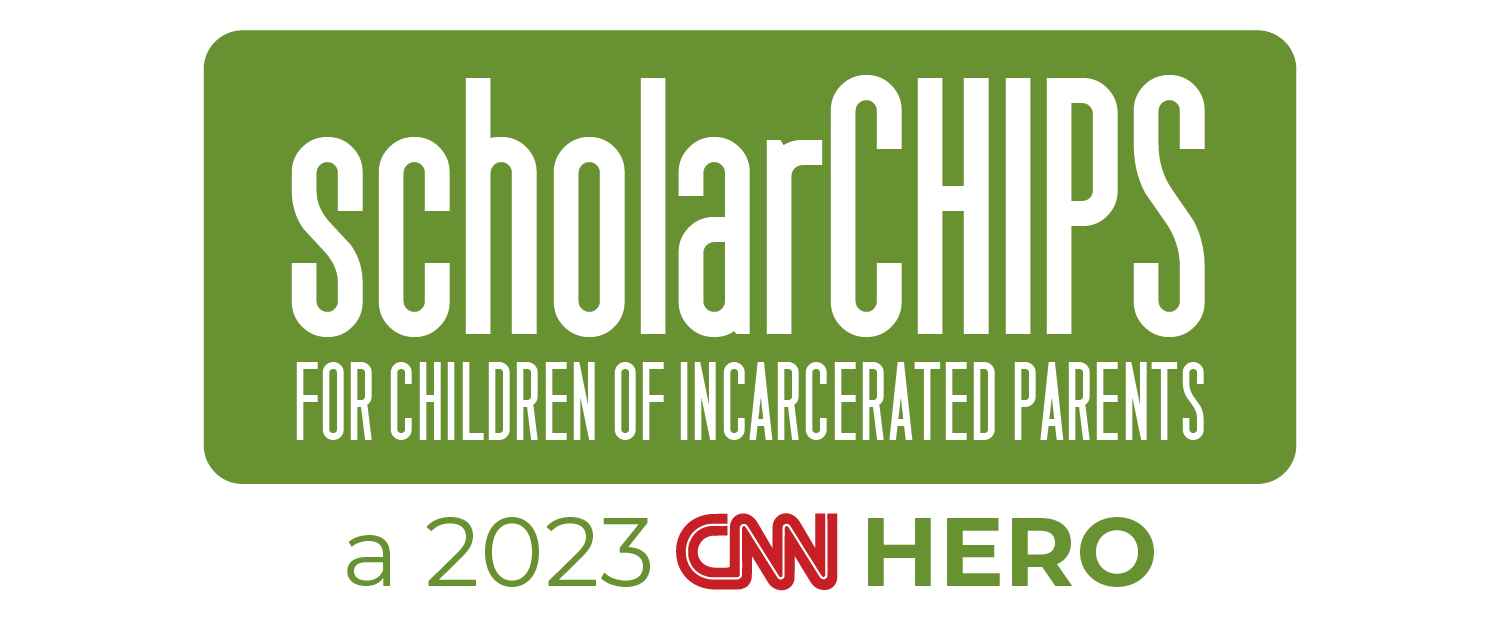Navigating the many aspects of higher education, including funding options, can often be a challenge. However, specific grants, scholarships, and other funding opportunities can ease some of this pressure. To maximize scholarships and make the most of these resources, it’s essential to familiarize yourself with all available options.
Focus on Some of the Known Scholarship Categories
Before diving into applications, it’s essential to know the types of scholarships available:
- Merit-Based Scholarships: Given strictly on the basis of one’s performance in academic, artistic or sports activities. Some of these are very competitive especially the ones with cut-off marks or high standard grades or talents needed.
- Need-Based Scholarships: This scheme is meant for poor-performing students mainly due to inadequate financial background. Such typically involve the submission of financial documents, and are provided in institutions and organizations.
- Demographic-Specific Scholarships: Designed for particular sectors of the population with specific characteristics or circumstances, including multicultural students, female students, or students from lower-income families who are the first generation in their families to attend college.
- Field of Study Scholarships: Available to students who select particular subjects or who intend to work in specific fields, and given in cooperation with professions.
- Community Service Scholarships: Encourage student’s service accomplishment and volunteerism.
Start as early as possible and stay organized till the end of work.
Scholarships can be found in abundance, and the search process can be pretty demanding, but beginning early and keeping yourself organized can go a long way. Here’s how:
- Create a Scholarship Calendar: Jot down dates such as when to apply, what documents to attach as well as interview dates. This will make you avoid unnecessary rush and time wastage due to missing on some good opportunities.
- Maintain a Document Repository: This includes keeping every document needed to write your graduate school application in transcripts, letters of recommendation, and personal statements, among others.
Research Thoroughly
Conducting thorough research is critical in identifying the suitable scholarship applications for you:
- Utilize Online Platforms: Web-based scholarship databases Fastweb, Collegegoers, and Cappex provide information and can even recognize scholarships that you may qualify for in light of your profile.
- Check with Your School’s Financial Aid Office: Most colleges and universities have lists of local scholarships that may not often be advertised. These can be less competitive and offer rather good finances.
- Explore Community Organizations: There is some cooperation in different scholarships, which the local associations of commercial companies, foundations, or cultural and civic organizations fund.
Tailor Your Applications
Specific software is also less likely to gain attention. Here’s how to customize your submissions effectively:
- Personalize Your Essays: Write each statement fresh and personally and explain why the scholarship matters to you and what it will help you achieve. This is to ensure that you have met the specific prompts and or values of the particular scholarship provider.
- Use Relevant Examples: Make sure to use specific events in your self-promoting personal statement or Recommendation letters that would explain your good qualities and background.
- Follow carefully: If applying for this type of scholarship, it is always essential to go through the guidelines provided in the application scholarship. Loose papers or papers in the wrong format are particularly likely to make a candidate ineligible.
It is good to build strong relationships, especially when making recommendations.

Letters of recommendation can be pivotal in your scholarship applications:
- Choose the Right Recommenders: Be sure to target only people who can say good things about you, your character, work ethic, and past accomplishments.
- Provide Context: It’s a good practice to give your recommenders a brief snapshot of why you’re applying and the scholarship.
- Thank Your Recommenders: No matter what happens, always ensure you show your appreciation. That is why it is good to send a thank you note at any kind of event.
Prepare for Interviews
- Practice Common Questions: Learn the standard interview questions like why are you interested in this scholarship, what are your post Scholarship goals, and how does the scholarship fit into your goal.
- Dress Appropriately: Approach the interview formally, meaning that you should dress formally as you would when attending a Job interview.
- Be Authentic: Be yourself. As a result, scholarship committees recognize enthusiastic passion.
After submitting your applications or completing interviews, it’s crucial to follow up:
- Send Thank-You Notes: Say ‘thank you’ to the committees that have given a scholarship or to the interviewers who interviewed you. Often, this simple action makes one memorable.
- Inquire About Results: In case the scholarship deadline comes without a word, do not wait to contact the organization to know the fate of your scholarship application.
Conclusion
Optimization of scholarships and funding for Success in higher education entails commitment, planning, and time management. With the knowledge of the types of scholarships, research, application, and relationship building, the chances of getting the right financial aid are high. Just as important as it is to state here is the reminder that a Scholarship application is a journey towards achieving your educational aspirations, and therefore, you should keep on applying and seeking Scholarships relentlessly.

